Speakers
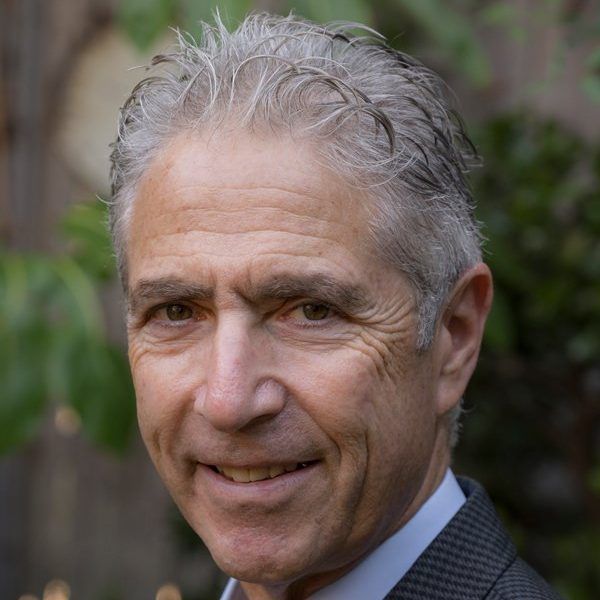
Professor Gregory Aarons
University of California San Diego
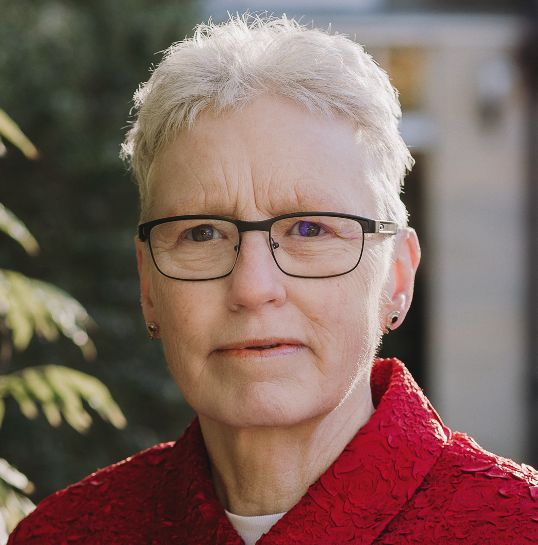
Professor Trish Greenhalgh
University of Oxford
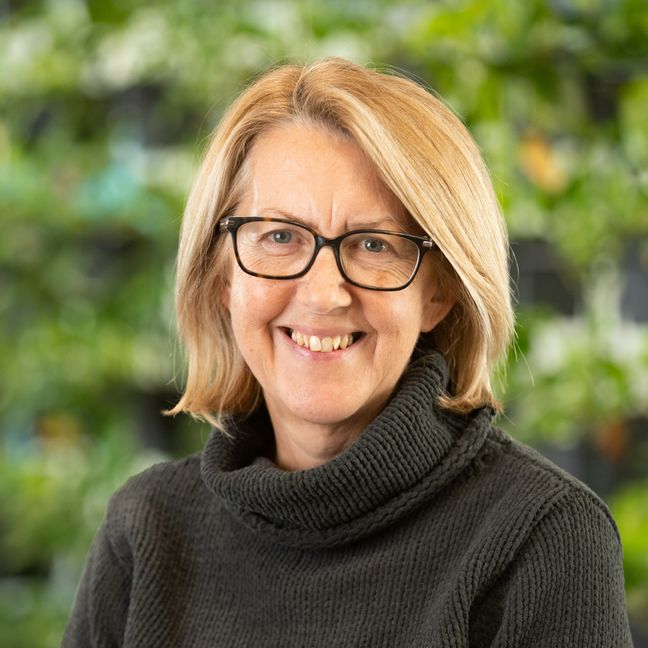
Professor Gillian Harvey
Flinders University
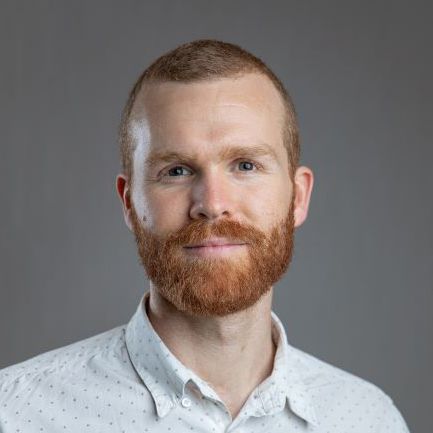
Dr Mitchell Sarkies
University of Sydney
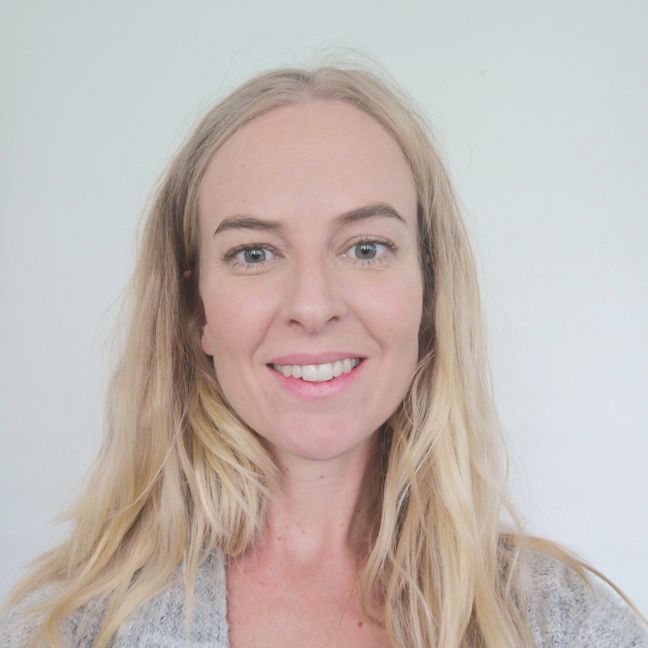
Associate Professor Joanna Moullin
Curtin University
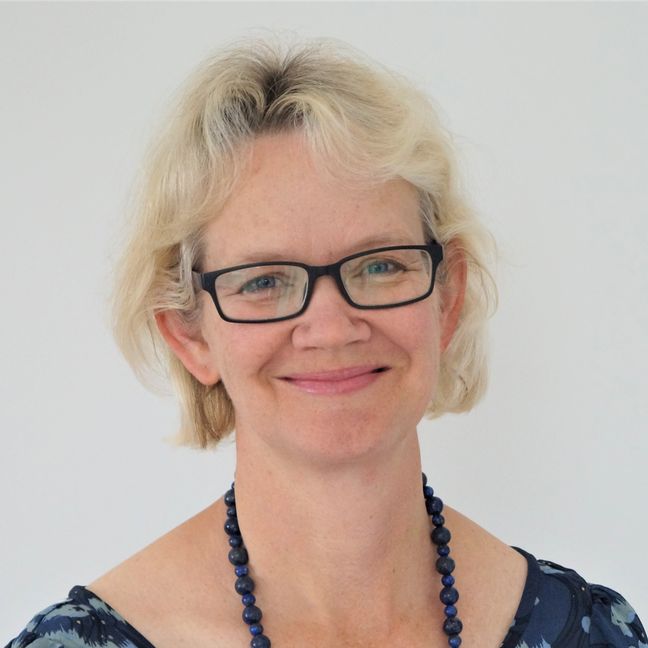
Associate Professor Nicole Rankin
University of Melbourne
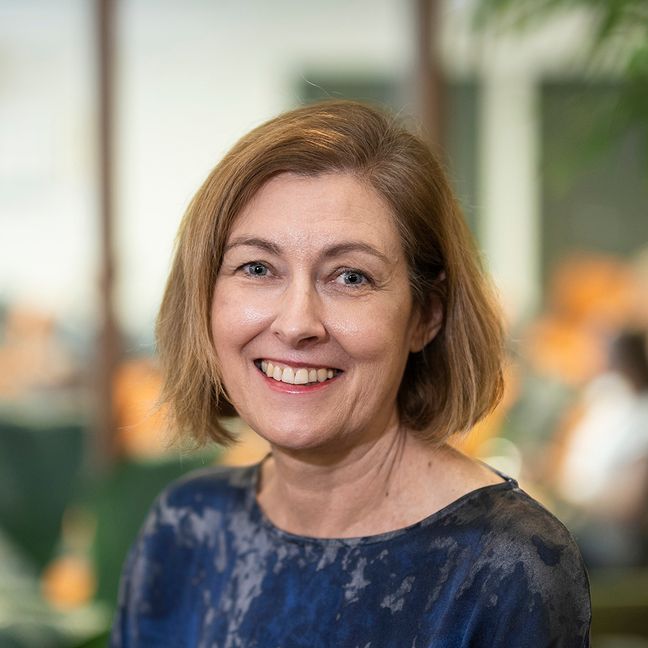
Associate Professor Zephanie Tyack
Australian Centre for Health Services Innovation, QUT
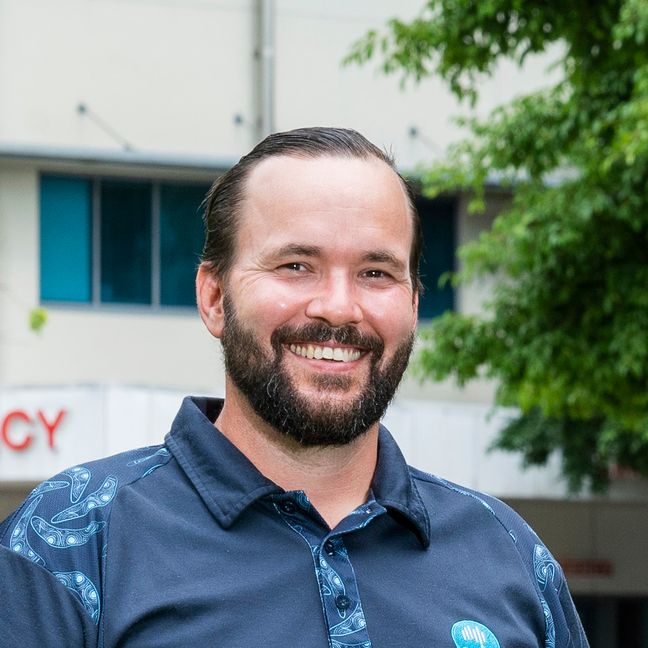
Dr Andrew Goodman
CSIRO AEHRC
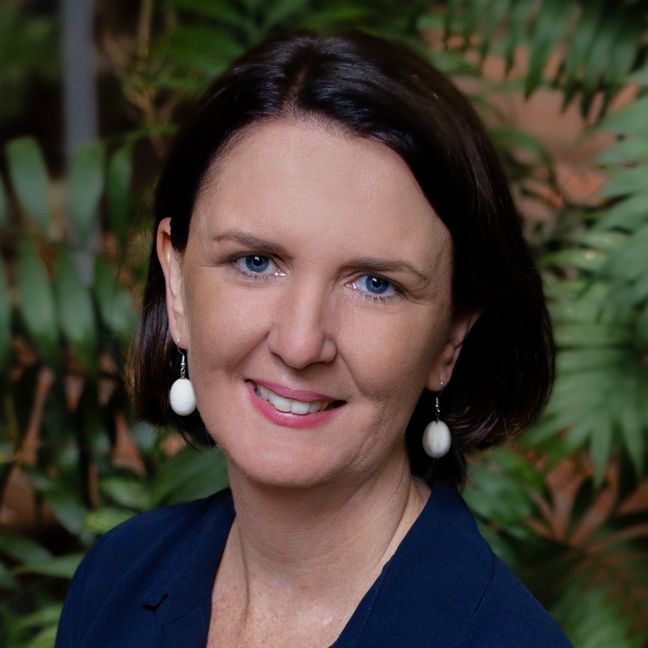
Associate Professor Ingrid Hickman
UQ Centre for Clinical Research
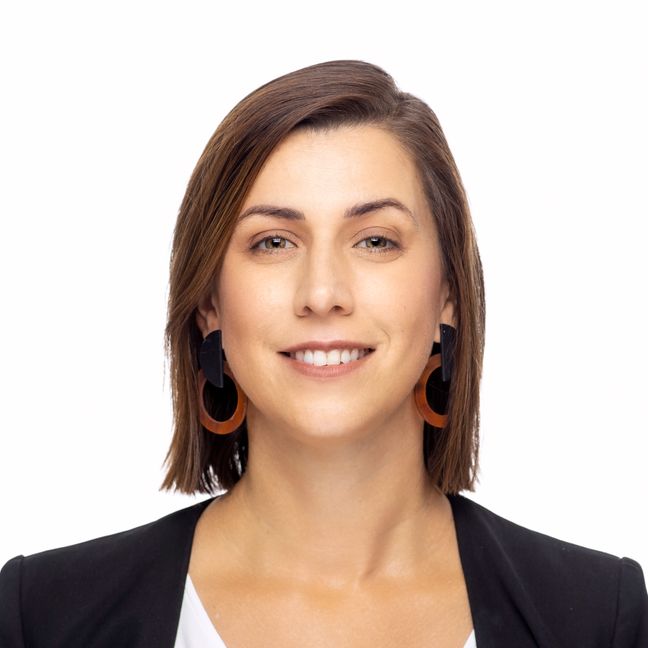
Dr Katrina Campbell
Metro North Hospital and Health Service
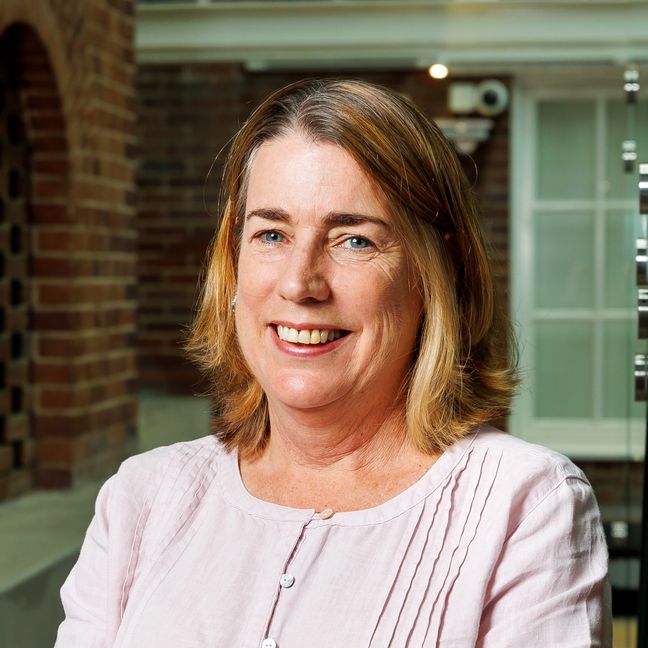
Dr Jennifer Job
UQ-MRI Centre for Health System Reform and Integration

Zena Martin
Health Workforce Queensland
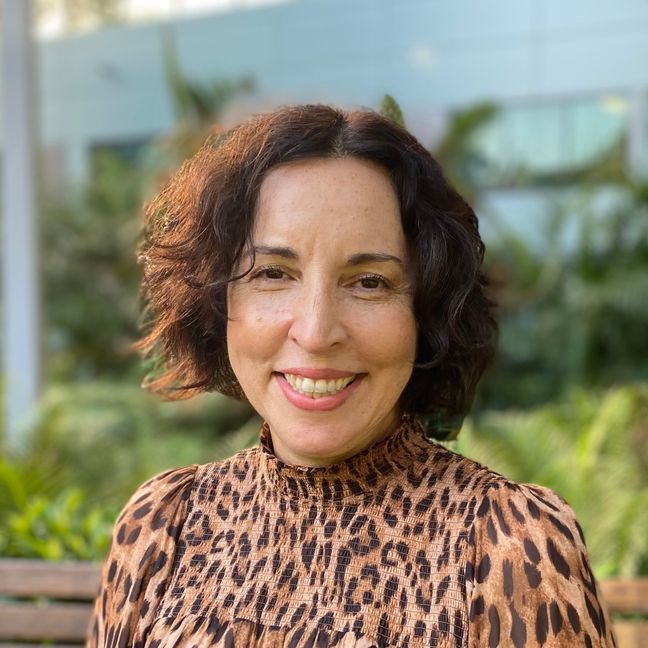
Donata Sackey
Centre for Integrated Care & Innovation, Mater Hospital
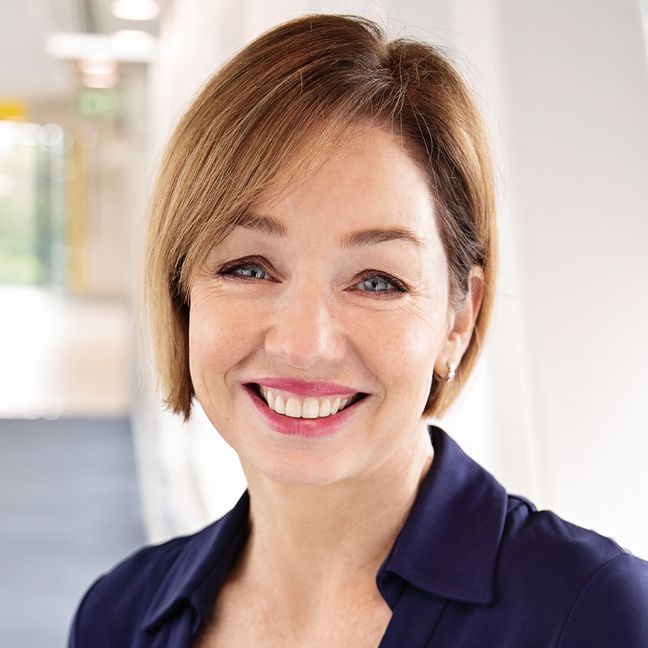
Professor Samantha Keogh
QUT Centre for Healthcare Transformation
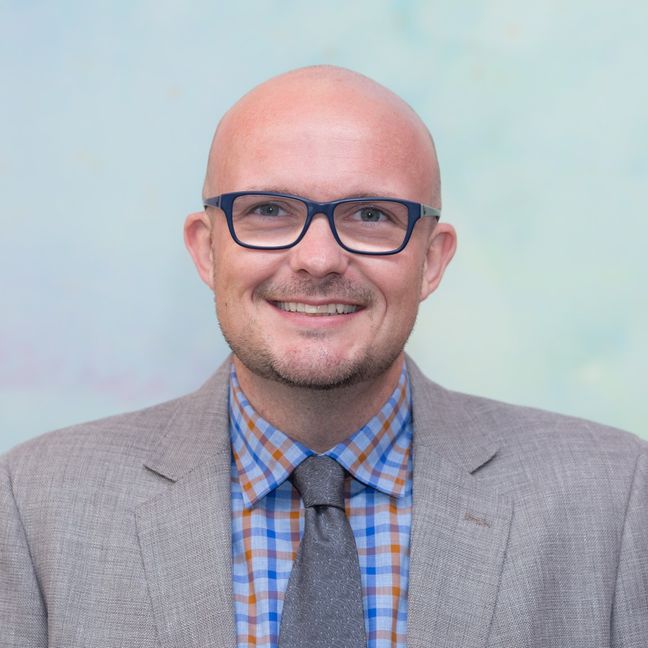
Professor Jed Duff
QUT School of Nursing

Dr Sarah Johnstone
QUT Design Lab
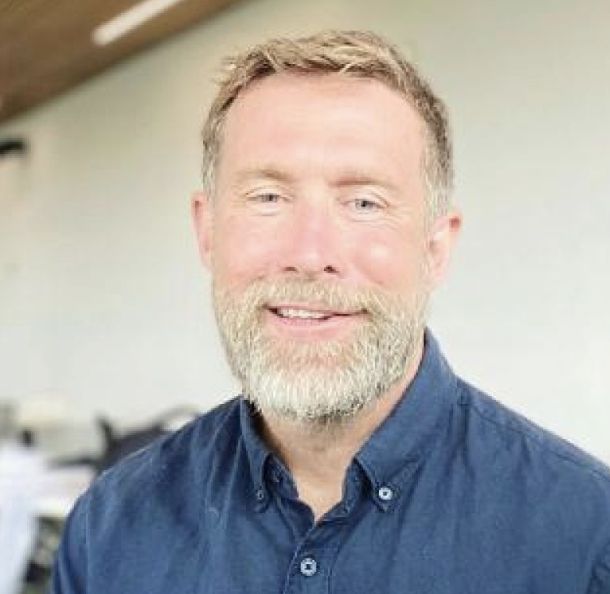
Dr Jeremy Kerr
QUT Design Lab
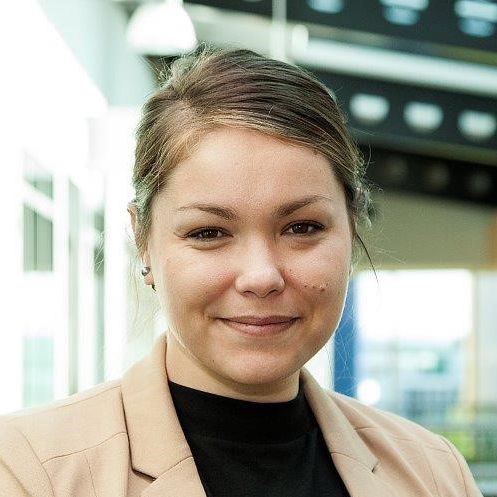
Rosemary Smith
Lowitja Institute
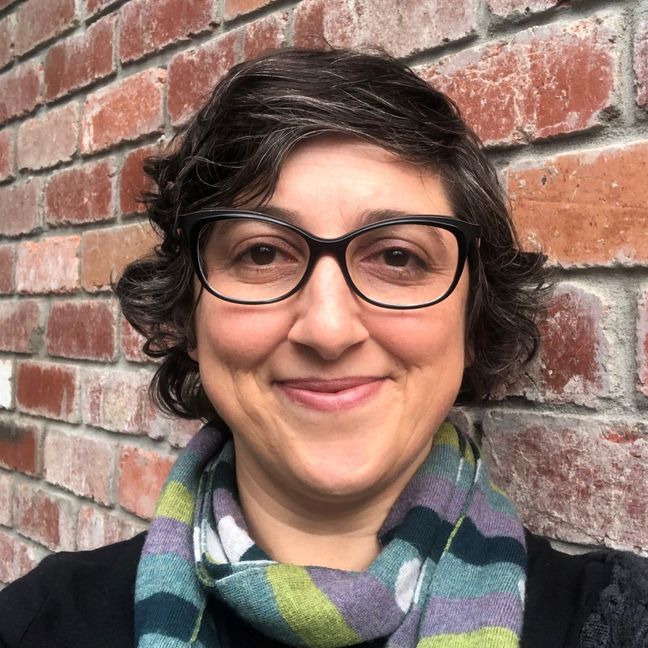
Deb Knoche
Lowitja Institute
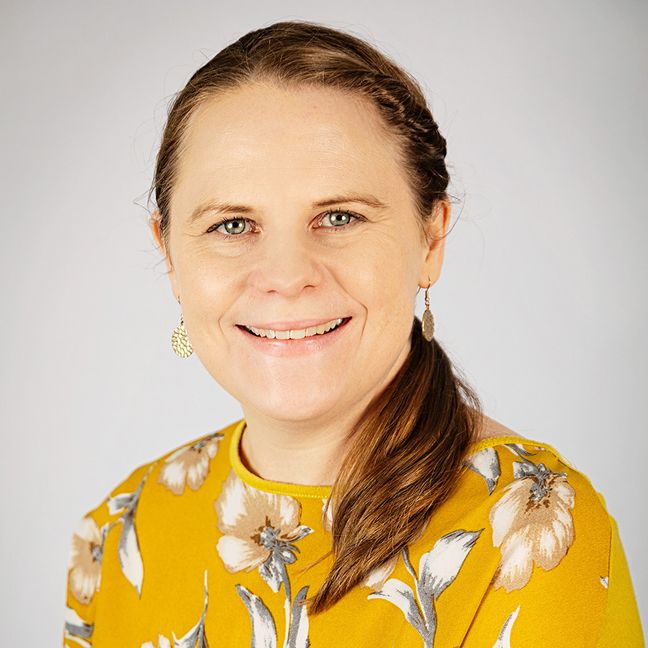
Dr Bridget Abell
Australian Centre for Health Services Innovation, QUT
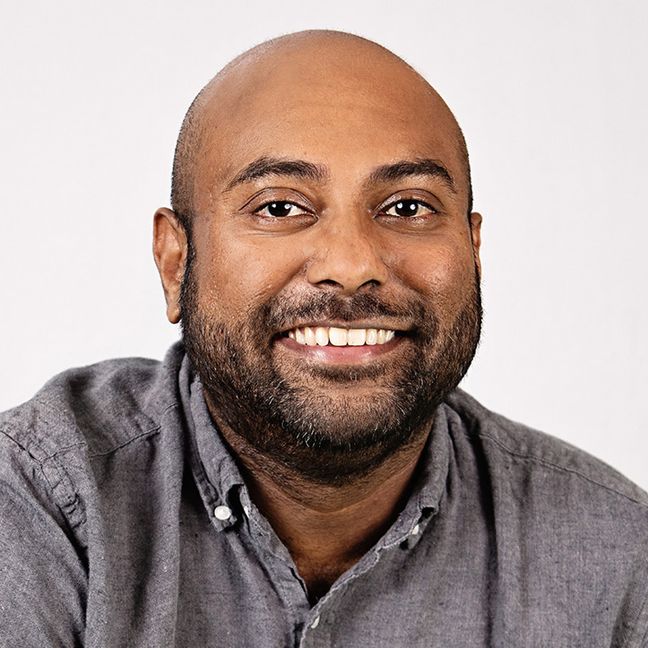
Dr Sundresan Naicker
Australian Centre for Health Services Innovation, QUT
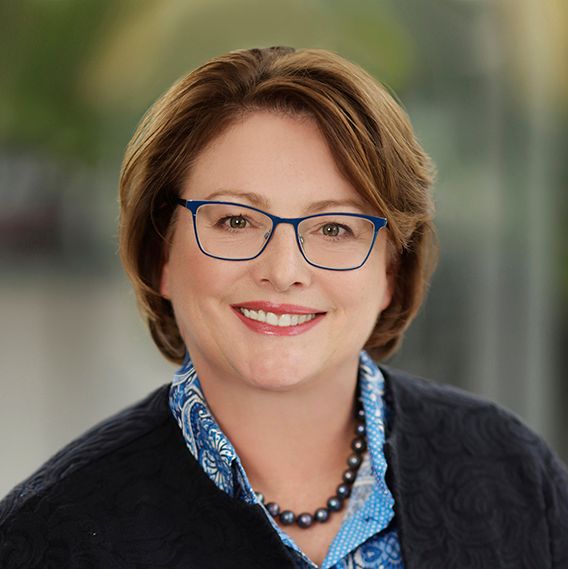
Associate Professor Leanne Sakzewski
University of Queensland, Queensland Cerebral Palsy and Rehabilitation Research Centre (QCPRRC)
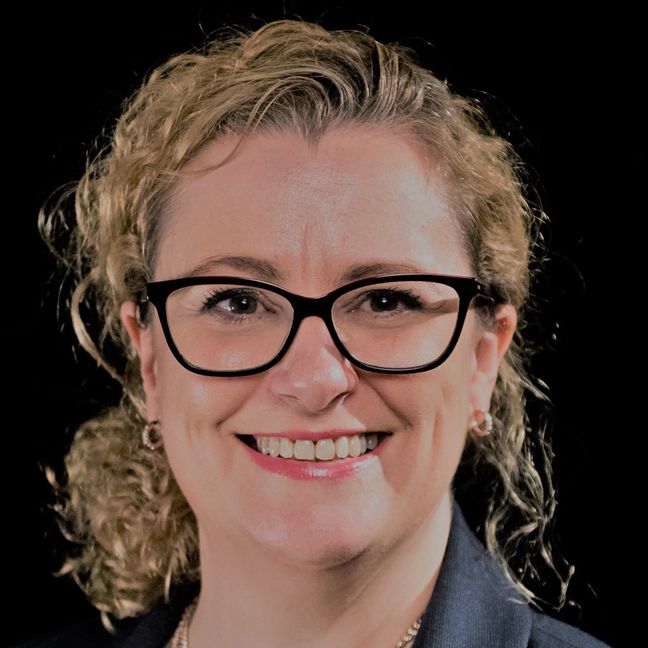
Dr Fiona Russo
University of Southern Queensland
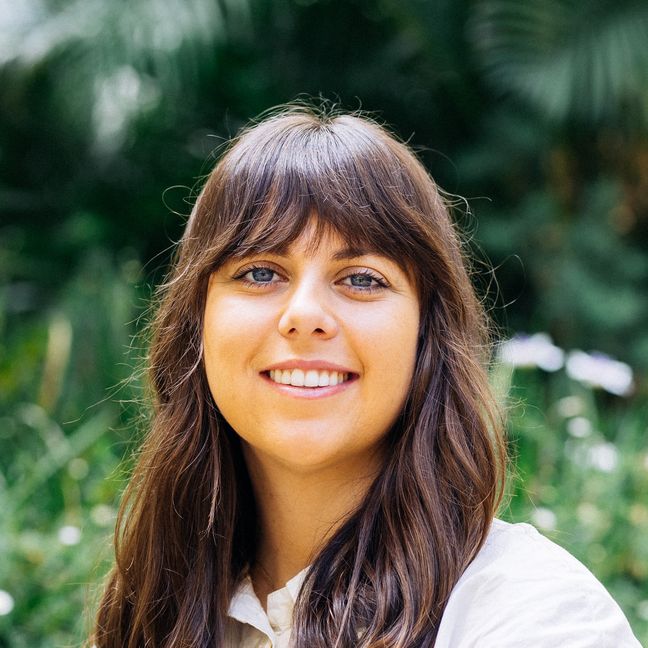
Brittany Clark
Queensland Health
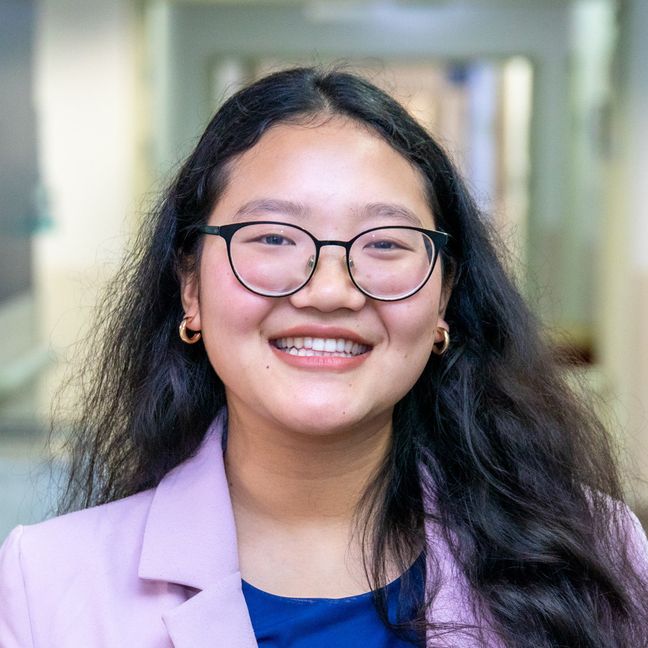
Muan Hlui
Mater Refugee Health
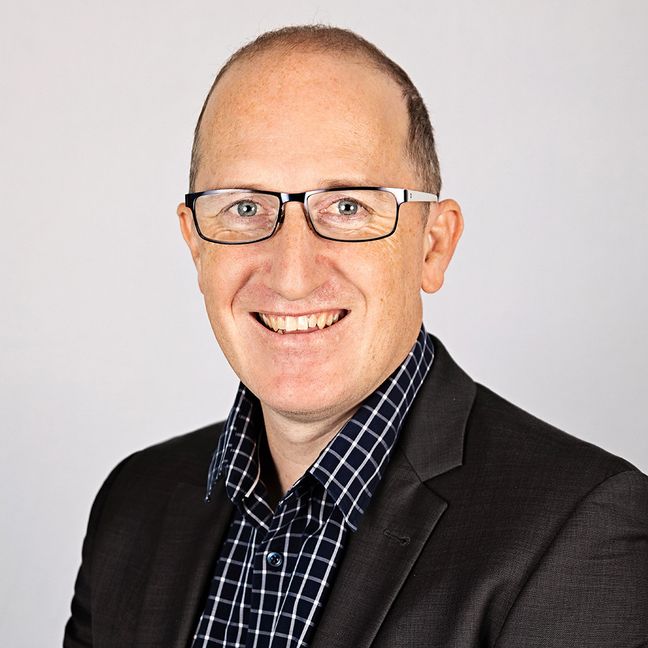
Professor Steven McPhail
Australian Centre for Health Services Innovation, QUT
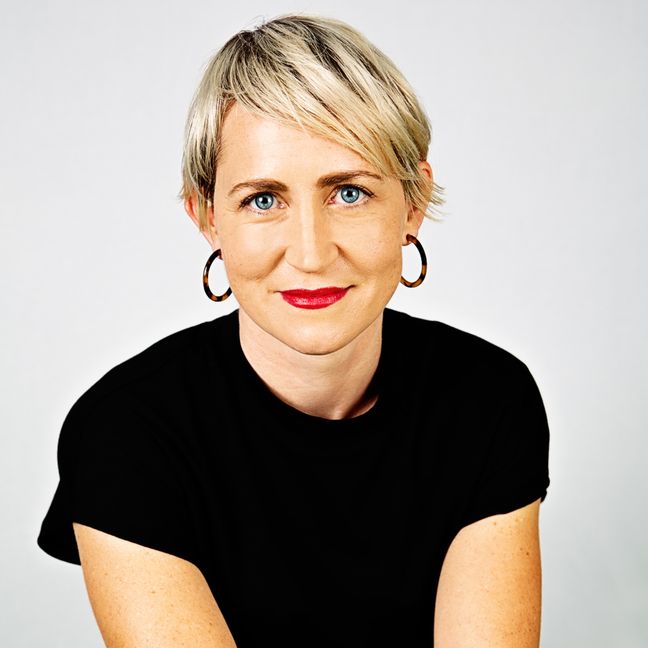
Dr Michelle Allen
Australian Centre for Health Services Innovation, QUT
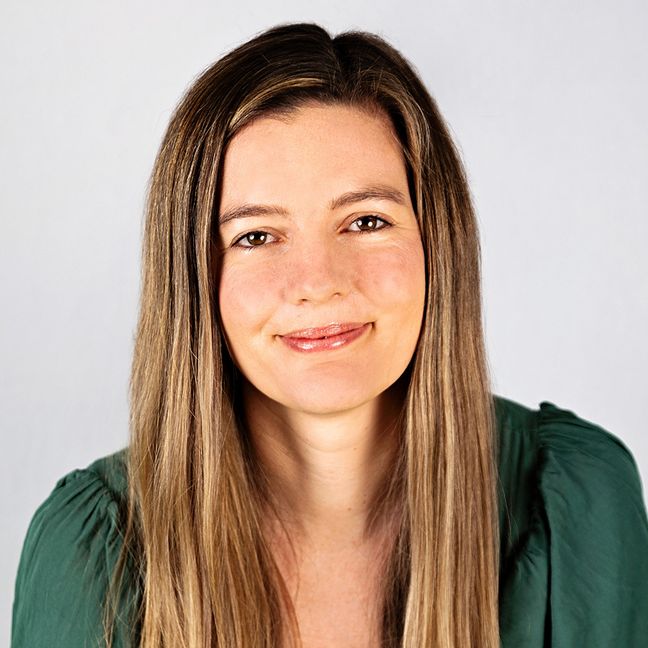
Dr Hannah Carter
Australian Centre for Health Services Innovation, QUT

Thomasina Donovan
Australian Centre for Health Services Innovation, QUT
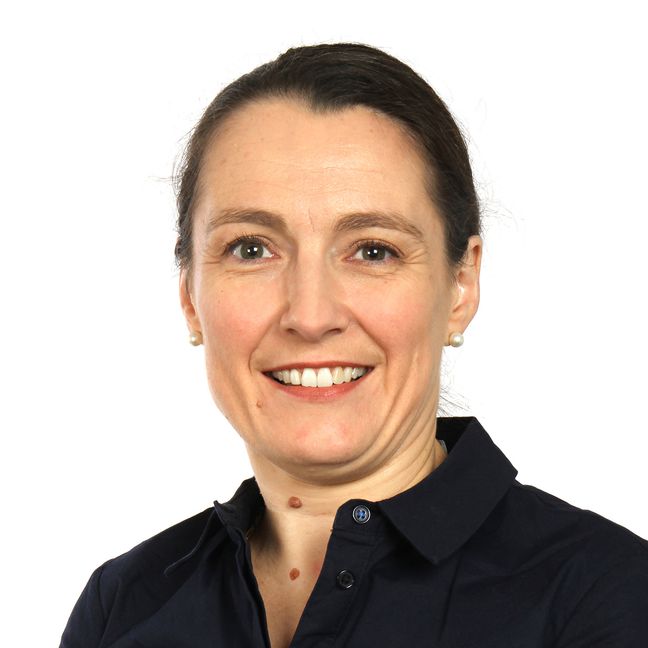
Dr Kym Warhurst
Mater Health & AusHSI